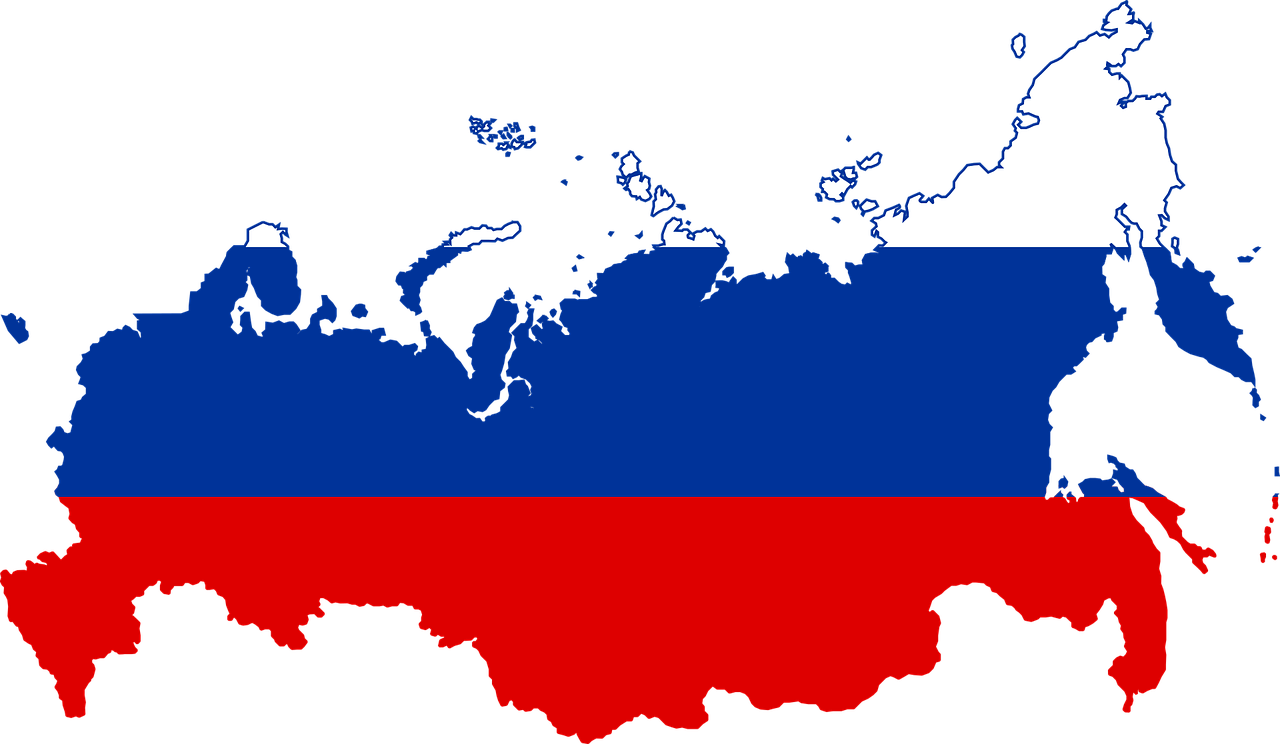On Friday 7 September I will present a paper titled “Russia in the Mediterranean Region: A Critical Assessment” at the SISP congress in Turin, here the complete program of this important event.
In
the wake of the so called Arab Spring the geopolitical order of the
entire Mediterranean area has deeply changed both because old regimes
have collapsed (Tunisia, Libya, Egypt) and because the US has embarked
on a strategy of military and political retreat from the region. This
process spurred several international actors to take action, mainly in
Syria, and to try setting their own political agenda. In this framework
Russia has been able to gain a key military, political and diplomatic
position. The paper will seek to evaluate the new Russian position in
the Mediterranean area looking at two different dimensions. First of
all, from a geopolitical point of view the Russian involvement in Syria
is both a continuation of an old geopolitical Russian problem, i.e. the
need for a warm sea, and just an element of a more complex and
structured geopolitical approach that includes Russian involvement in
Libya and Egypt. As a consequence, Russia has been able to strengthen
its position in the Mediterranean area in a way not seen since the end
of the Cold War. Second, the paper takes critically into account the
notion of “hybrid warfare” showing how it is a misleading concept, it is
not useful to understand Russian military strategy and has several
commonalities with Western military strategy.
In summary Russia seems
to have followed a balanced, practical, and pragmatic approach in the
Mediterranean region, working with all players and treating them as
equal competitors. This is true in Libya where Moscow despite its
support to Haftar has never sidelined Sarraj and in Syria where Russia
has established contacts with the different groups of the Syrian
opposition.

